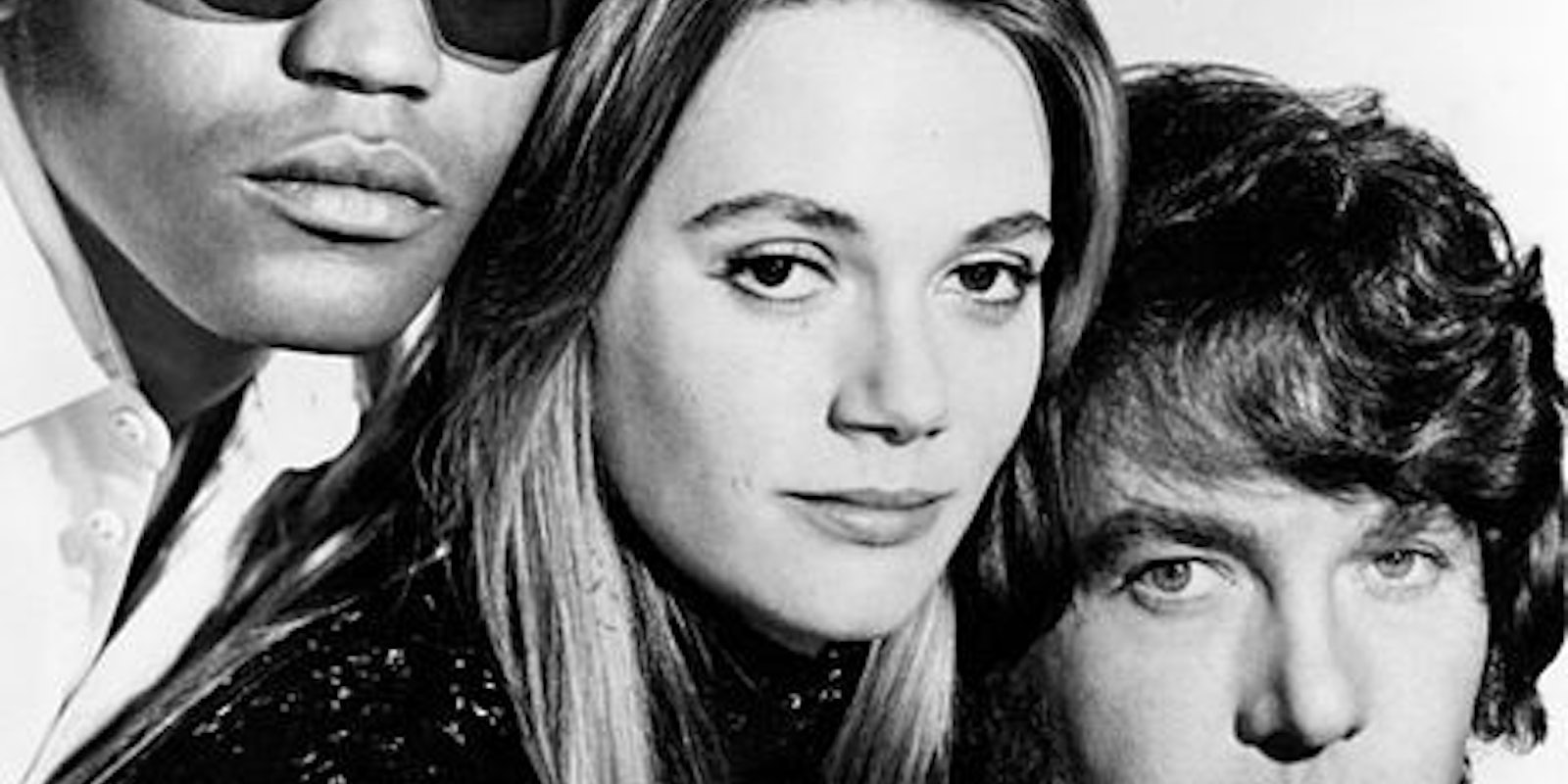In the last several years, there have been indications that blacks and Latinos in the United States have taken significant steps in crossing the digital divide. Expectations at the Daily Dot were these gains would show they had assumed a greater profile proportionally online than their population in the country would indicate. If A, then B. But the Internet, to say nothing of race, proved to be more complex than that.
In their December 2010 study, “Politics Goes Mobile,” the percentage of Latinos who used their mobile phones for political activities tied whites and Asians at 25 percent, and blacks exceeded that number, with 36 percent.
A study from earlier this year, “Health, Technology, and Communities of Color,” looked into mobile as an increasing source of information on health. “This trend is especially pronounced among adults ages 18-29, adults who identify as black, and adults who identify as Latino,” the report said.
In an even more recent study, “Cell Internet Use 2012,” Pew reported, “Half (51 percent) of African-American cell internet users do most of their online browsing on their phone, double the proportion for whites (24 percent). Two in five Latino cell internet users (42 percent) also fall into the ‘cell-mostly’ category.”
The danger of statistics is that they can lead you far afield. Your imaginative leap can bring you to a point of revelation, but it can also lead you to a dead end. Academics are notorious for their unwillingness to speculate about the future. But we may have been too eager to do so.
“I don’t know of that much evidence that things have changed,” Dr. Eszter Hargittai of Northwestern University told the Daily Dot in a phone conversation. “The change in mobile use is not that recent.”
John Horrigan, vice president of Joint Center for Political & Economic Studies and associate director of research at Pew, agreed with Hargittai. The trend, he said, was identified at least three years ago.
In fact, what I was seeing is my first personal recognition of a change in one specific type of Internet use, mobile, among blacks and Latinos.
The reality of race and the Internet is, of course, going to be more complicated than any one article, or even any dedicated researcher, will ever be able to thoroughly detail. For one thing, it is a supremely layered dynamic. It has to ask so many questions, including what part of the Internet are we talking about at any given time? Which community or communities are we concerned with? What do we mean in any specific context by race?
Here are a few things the scholars have figured out so far.
- 68 percent of whites have home broadband, but only 50 percent of Latinos and 46 percent of blacks do, according to an August study by Horrigan.
- Blacks and Latinos owned more smartphones than whites in 2011, but since then, ownership has evened out, according to a Pew study.
- 83 percent of smartphone owners also have broadband (meaning, 17 percent do not).
- Half (51 percent) of African-American mobile Internet users do most of their online browsing on their phone, double the proportion for whites (24 percent). Two in five Latino mobile internet users (42 percent) also fall into the “cell-mostly” category, according to Pew.
“I’ve argued that skills matter to what people do online,” Hargittai said. “Socioeconomic status makes more of a difference than race.”
“The real question for me (regarding Internet participation) is not numerical presence per se but stigmatized or privileged status,” Dr. William Darity, Jr., chair of Duke University’s Department of African and African-American Studies, told the Daily Dot.
All of the preceding discussion is traveling toward this point: We originally conceived of this article as one which would outline the gains made by blacks and Latinos and would show that that as Web users that they had grown in higher proportion than their population in the country as a whole would indicate. This turned out not to be true—or at least not demonstrably true.
However, we think it’s still a powerful issue, and one that is examined in publications like ours very seldom. So instead of interviewing any more “experts” on race and tech, we want to interview you this topic.
Specifically, we would like to find out how race affects your experience online; how your race and other concerns of birth and inherited culture influence which online communities you belong to; what limitations, and which freedoms, you’ve found online.
Help write the story by taking part in the following survey. Leave a comment below, or email me.
- What is your racial heritage?
- How often have you encountered racism online?
- How racist would you consider the communities you are a part of online?
- Have you left a community due to racist speech?
- Do you work in tech or at a company that is primarily online?
- Has racism ever interfered with your ability to do your job?
- How do your online communities compare to your physical communities?
- What type of racism have you encountered online?
Photo from Wikimedia


